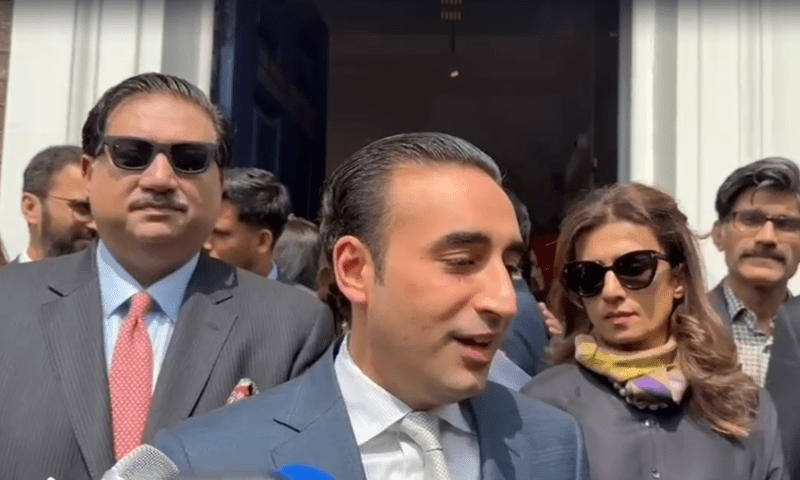Pakistan reaffirmed its commitment to maintaining the 2021 ceasefire agreement with India along the Line of Control (LoC), but emphasized that peace in South Asia remains contingent on a just resolution of the Kashmir dispute. In a press briefing on Monday, Foreign Office Spokesperson Mumtaz Zahra Baloch stated that while Pakistan remains committed to reducing border tensions, dialogue on all outstanding issues — particularly Jammu and Kashmir — is essential for durable peace.
The comments followed recent remarks by Indian Army Chief General Manoj Pande, who claimed that the LoC had remained largely peaceful since the ceasefire understanding was reaffirmed in February 2021. Pande suggested that while India continues to uphold the agreement, it remains vigilant against infiltration attempts, which he alleged continue to be supported by Pakistan-based actors.
In response, the Pakistani Foreign Office rejected these accusations, reiterating that Pakistan had “consistently upheld” the ceasefire terms. Spokesperson Baloch said, “We do not support any form of cross-border terrorism. Pakistan has repeatedly stated that we seek peaceful coexistence with all our neighbors, including India, based on mutual respect and sovereign equality.”
Baloch further stressed that Pakistan’s commitment to the ceasefire had contributed significantly to reducing violence along the LoC, bringing relief to civilians living on both sides of the border. “It is important to recognize that the situation on the LoC improved not unilaterally but because of mutual understanding,” she noted.
However, she underscored that ceasefire maintenance alone was not a substitute for dialogue. “For long-term peace and stability in the region, the resolution of the Jammu and Kashmir dispute in accordance with the relevant UN Security Council resolutions and the wishes of the Kashmiri people is imperative,” she added.
The 2021 ceasefire agreement, which recommitted both nations to the original 2003 understanding, was seen as a rare diplomatic breakthrough amid years of hostilities. While it significantly curtailed the frequency of skirmishes along the LoC, it has not been accompanied by any substantive political engagement between the two nuclear-armed neighbors.
Bilateral relations have remained strained since India’s 2019 revocation of Article 370, which stripped Indian-administered Jammu and Kashmir of its special constitutional status. Pakistan responded by downgrading diplomatic ties and suspending trade with India, insisting that any dialogue must include the Kashmir issue.
In her remarks, Baloch reiterated that India’s unilateral actions in Kashmir continue to undermine the possibility of meaningful talks. “India must reverse its illegal measures in the occupied territory and cease its human rights violations if it is serious about peace,” she said.
She also dismissed Indian claims of Pakistan sponsoring infiltration as “unsubstantiated and politically motivated,” adding that such narratives are often used to deflect attention from domestic challenges or to justify heavy militarization in the region.
The spokesperson welcomed any international efforts to mediate or facilitate a dialogue between the two countries but reaffirmed that Pakistan would not compromise on its principled stance on Kashmir. “Any durable peace in South Asia must begin with justice and dialogue, not denial and deflection,” she concluded.
Analysts view the reaffirmation of Pakistan’s commitment to the ceasefire as a positive signal, but they also note that without broader political engagement, the underlying issues that fuel conflict remain unresolved. With both countries facing domestic pressures and geopolitical realignments, observers say the space for constructive diplomacy may narrow unless bold initiatives are taken soon.
For now, the ceasefire holds, but the path to peace — as both sides acknowledge — must run through dialogue, trust-building, and an honest reckoning with the Kashmir dispute.
Source: Dawn



